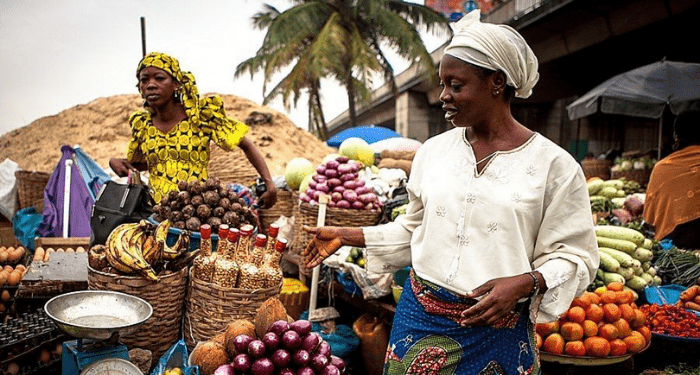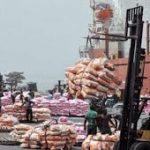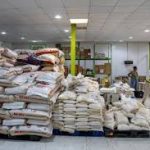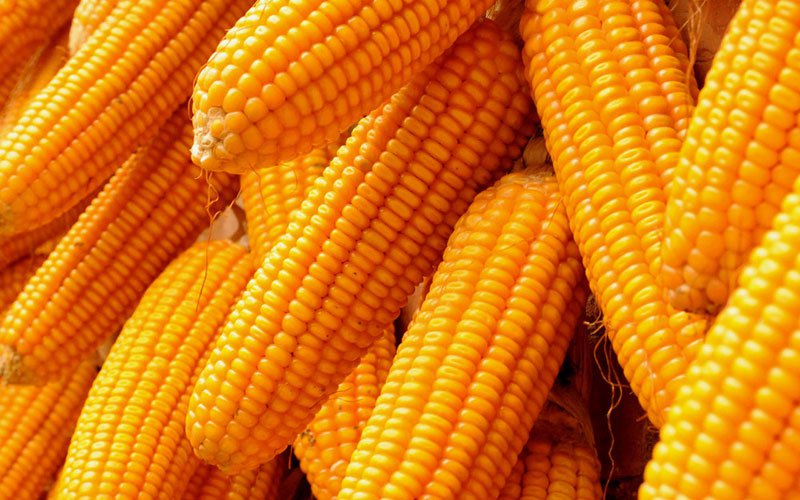Millions of Nigerian families are grappling with hunger as the federal government’s promised food import waiver on essential items failed to materialize in 2024.
The waiver, announced by the Federal Ministry of Finance in July 2024, was designed to alleviate the surging cost of living by suspending import duties on essential food items like rice, wheat, maize, and beans. The initiative was scheduled to run from July 15 to December 31, 2024. However, the policy stalled due to the ministry’s failure to provide a list of qualified importers to the Nigeria Customs Service (NCS), halting its implementation.
Lagos resident shared his struggles, revealing that 65% of his earnings go to food, leaving little for other essentials or savings. This hardship is echoed by millions of Nigerians, as food inflation reached 39.9% by November 2024, with a 50kg bag of rice now costing an average of N100,000—higher than the new minimum wage of N70,000.
The World Food Programme warned that 33 million Nigerians could face hunger in 2025, a sharp rise from the 25 million affected last year. Flooding, drought, and insecurity have further compounded the crisis. Analysts say the non-implementation of the waiver has left many Nigerians without relief, with tragic consequences such as deadly stampedes for food during the festive season.
Economic reforms, including currency devaluation and subsidy removal, have exacerbated the crisis, driving inflation to its highest in 28 years. Experts like Abiodun Olorundero of Prasinos Farms stress the urgent need for coordinated efforts to boost food production in 2025 to avoid a worsening food crisis.
A food importer, criticized the lack of coordination among government agencies, saying the waiver’s implementation could have significantly reduced food costs and eased the burden on Nigerians.







![Call For Applications:Innova [Africa Future of Work and Entrepreneurship] Fellowship 2023 Innova [Africa Future of Work and Entrepreneurship] Fellowship 2023](https://msmeafricaonline.com/wp-content/uploads/2023/07/WhatsApp-Image-2023-07-03-at-8.01.03-AM.jpeg)


